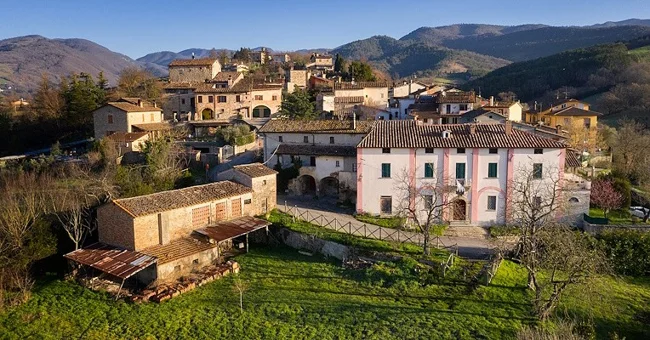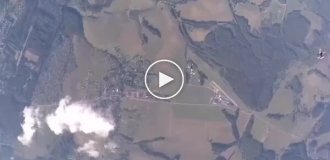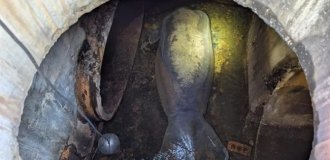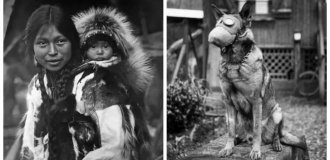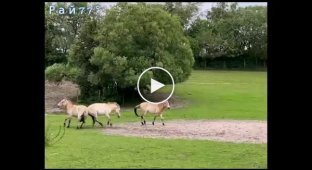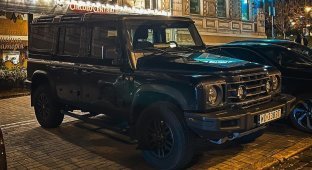Cospaia - a tiny republic that was the result of a mistake and lived without rulers or taxes for four centuries (10 photos)
Lost on the border of Tuscany and Umbria lies the small Italian village of Cospaia. For nearly four centuries, this patch of land, just over three square kilometers in size, was an independent republic, lacking government, laws, taxes, or anything else that typically constitutes a state. 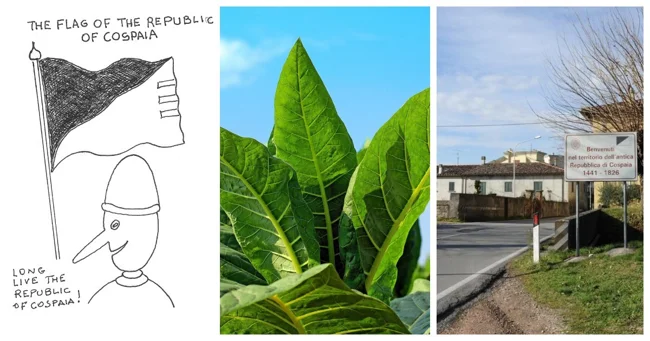
This astonishing situation arose during the Renaissance, which makes it even more incredible. At that time, Italy was a patchwork of papal dominions, family duchies, and foreign kingdoms, constantly torn apart by petty feuds and trade wars. A territory without a ruler and law was unthinkable. 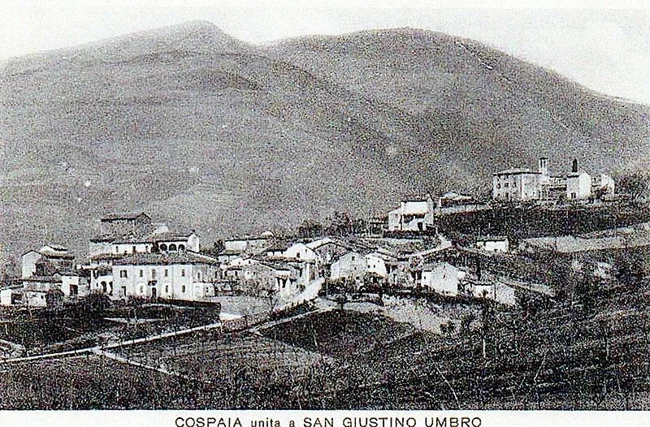
It all began in 1431, when Pope Eugene IV, desperately in need of money, borrowed 25,000 gold florins from his neighbor, the ruler of Florence. Nine years later, unable to repay the debt, the pope agreed to hand over the city of Borgo San Sepolcro and its surrounding area. The parties agreed that the new border would follow the bed of a small river called the Rho. However, "Ro" is a very common name. From Latin, the word translates as "river." In that area, it so happened that two small streams with the same name flowed just half a kilometer apart. 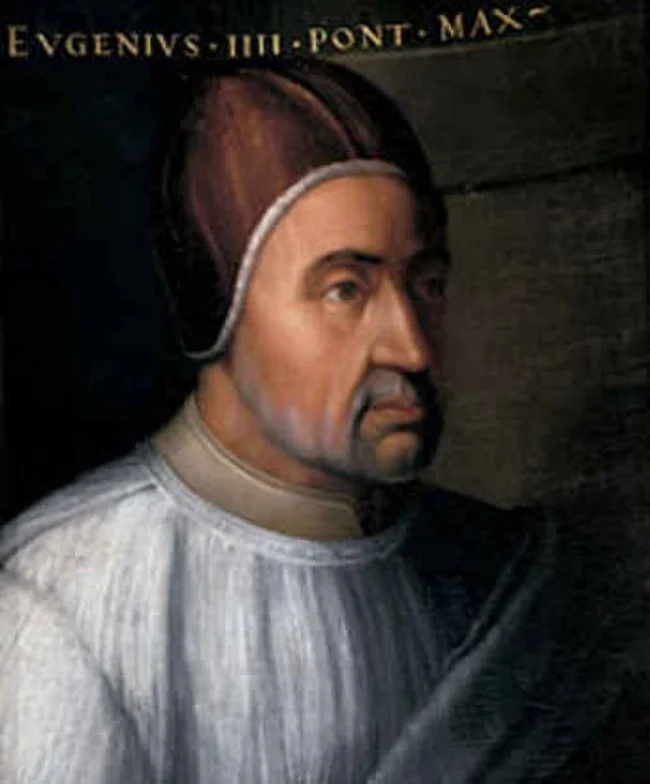
Pope Eugene IV
The surveyors hired by the Pope and the Duke apparently knew little of the area. Each side mapped the border along the closest stream, Ro, unaware that they were different sources. As a result, the narrow strip of land between the two streams fell into disuse and fell outside the jurisdiction of both the Papal States and the Florentine Republic. The village of Cospaia stood on this land. 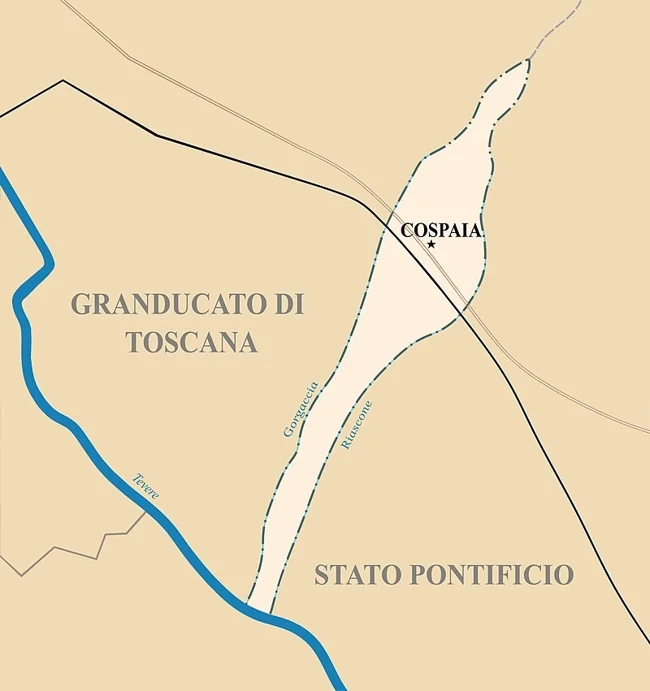
Its residents immediately seized the unique opportunity and declared themselves an independent Republic. The surveyors were undoubtedly embarrassed, but for some reason neither the Pope nor the Duke showed any desire to return to negotiations and decided to leave things as they were. It is often said that both rulers were happy to have a buffer state between their dominions. However, this argument is not entirely convincing, given that they already shared a long border, and Cospaia was only a tiny fragment of it. 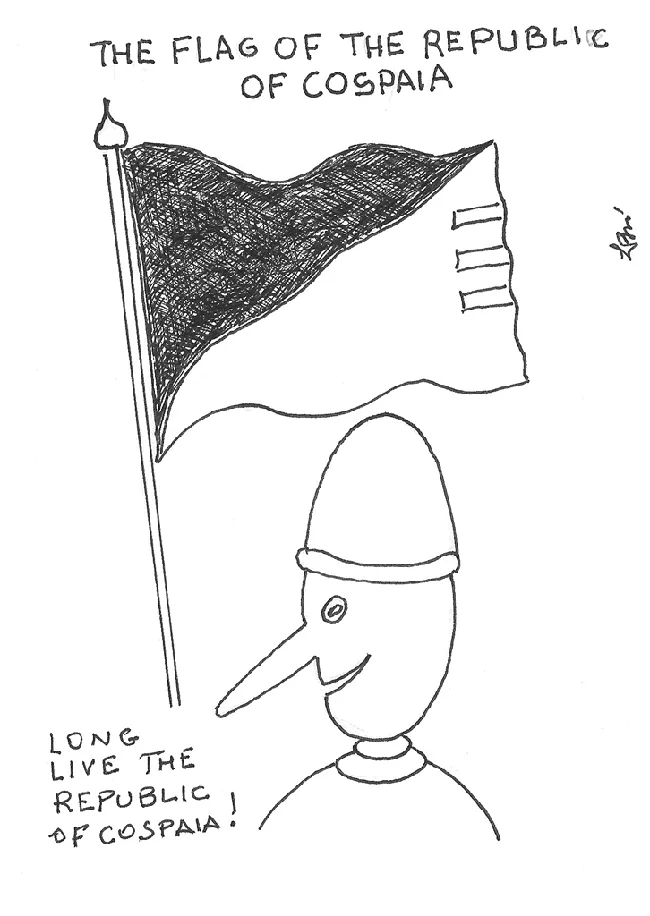
Thus, in 1440, Cospaia gained independence. The inhabitants created no government, wrote no laws, maintained no army, and paid no taxes. Instead, they devoted themselves entirely to agriculture and sold their harvest to neighboring states duty-free. The republic flourished especially in the mid-16th century, when tobacco was introduced to Europe from the Americas. At the time, it was credited with medicinal properties and considered a panacea for everything from arthritis to epilepsy. Europeans soon discovered the pleasures of smoking. As early as 1563, the Swiss physician Conrad Gesner noted that chewing or smoking tobacco "has the remarkable power of inducing a kind of peaceful intoxication." 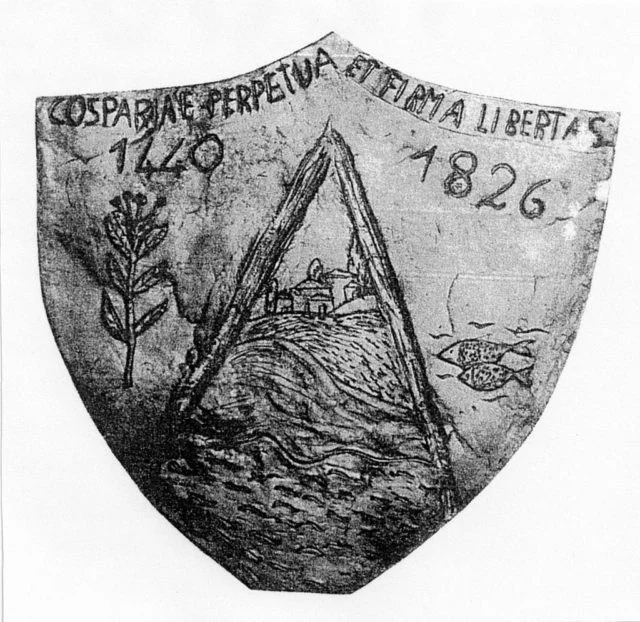
The Catholic Church, considering it a sin, tried to combat tobacco consumption, but to no avail. For example, in the mid-17th century, Pope Urban VIII threatened excommunication for anyone caught smoking in church, and Pope Innocent X was concerned about the growing popularity of tobacco among priests. 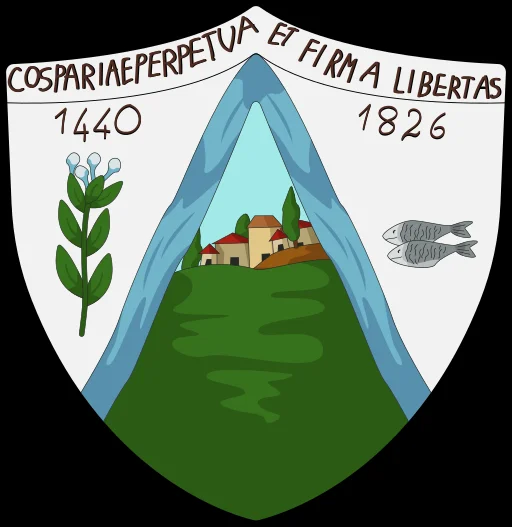
Growing tobacco in Italy was becoming increasingly difficult, but in the Republic of Cospaia, outside the papal control, it flourished. The village soon became the center of tobacco growing in Tuscany and the capital of tobacco smuggling in Italy. Word of Cospaia's unique status attracted more than just tobacco merchants. From a harmless village, it transformed into a haven for unscrupulous merchants, evading taxes on everything from textiles to food. It was precisely this decay of freedom and abuse of economic liberty that ultimately brought about the republic's downfall. 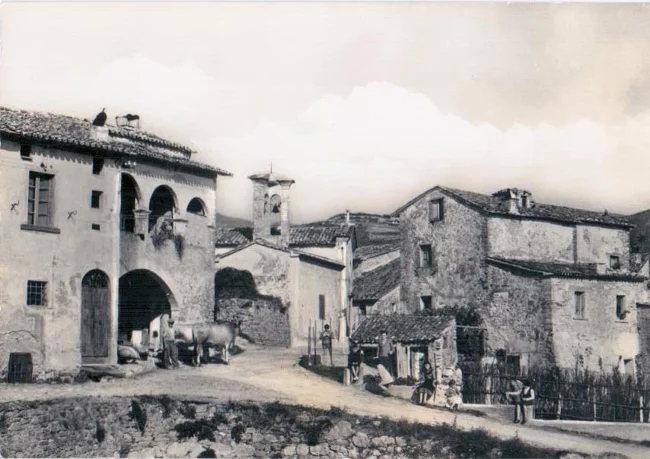
In 1826, after 386 years of anarchy, the Pope and the Grand Duke of Tuscany dissolved the Republic of Cospaia and divided its territory between themselves, with the majority going to the Papal States. The residents of Cospaia lost their freedom, but there was a silver lining. They were granted the right to continue growing tobacco, up to half a million plants per year—more than enough to support the more than 100 households that made up the village's population. 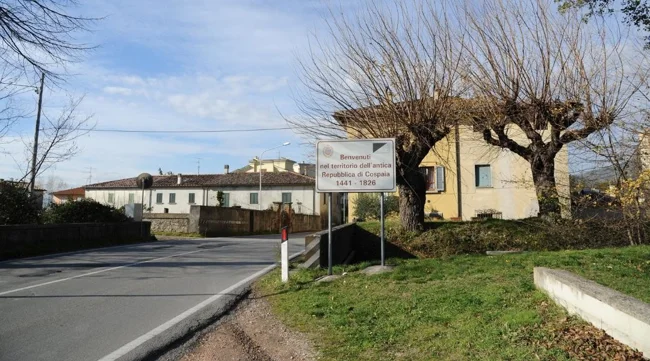
Today, Cospaia is just a few houses in a forgotten corner of Umbria. The only hints of its glorious past are a yellow sign by the road proudly proclaiming "Former Republic of Cospaia," and the inscription above the entrance to the local church: "Perpetua et Firma Libertas," which means "Found and Eternal Freedom." 